The Dreaded Four-Month Sleep Regression with Rav Sandhu
In this episode, Rav and I discuss:
What does sleep look like for a three-month old?
They only have two sleep cycles: active and deep sleep.
Their wake windows are still pretty short, and they are following a wake-eat-sleep pattern.
They are sleeping 16-18 hours in every 24-hour window.
Sleep is still very unpredictable; naps may be long or short and might be taken in carriers or crib.
Newborns and infants want to be held. How can we give them positive sleep associations that we want them to have and not the ones we don’t?
Babies wake up frequently and need help connecting sleep cycles.
A consistent nap / bedtime routine is a good way to start.
Use the methods to get your baby to sleep until they are almost asleep; then try to put them down drowsy but awake.
When your baby wakes, take a pause to observe and determine what is waking them up. Running to the crib and waking them up can make them feel that the their crib isn’t safe.
During the night, focus on effective feeding, which is full sucks.
Why can’t a newborn or even a three-month old baby not be officially sleep trained? What is the damage that happens by trying to sleep train before a baby is developmentally ready?
Newborns need to wake frequently to eat, and their circadian rhythm - their internal clock - isn’t set
They are not developmentally ready to self-soothe or be away from parents
The early days are more about sleep shaping and healthy sleep habits
Around the six-week mark, you can start a very simple sleep routine to signal to a baby that it is time to sleep.
If you try to sleep train too early and leave babies to cry, babies will produce too much cortisol - the stress hormone. Once their body is filled with stress hormone, they are overwhelmed, and it is hard to settle them.
When you respond to your baby regularly, you are helping them to develop a positive attachment.
What is the four-month sleep regression and why does it happen?
The four-month sleep regression is the time when a baby’s sleep pattern changes from two stages to four, like an adult.
Instead of active and deep, it becomes light, true, deep, and dream, which repeats four-to-six times a night
Babies are going through huge developmental milestones, and their circadian rhythm is established. All of these changes result in babies waking more often and needing more help to connect sleep cycles.
What are your tips for surviving the four-month regression?
Babies are capable of sleeping longer stretches, but they don’t know how.
Now, you can start having more consistent routines and implementing gentle sleep training as long as your baby is gaining weight, and there is no health concern.
Start creating a healthy sleep environment - dark, quiet, white noise, and cool - and have an early bedtime
Be present emotionally and physically to meet their needs
Remember that it isn’t one-and-done; this is one step in a long journey of sleep
What do you during the regression?
In the middle of the regression, babies need comfort.
If you try to stick to your schedule all of the time, it will get frustrating because it won’t work.
Take deep breaths, and be mindful about bringing a calm energy to your baby
How can people connect with you?
Connect with Rav on her Instagram and you can schedule a free consultation call!
Enjoy the episode on Spotify or Apple Podcasts
Rav is the founder of Kiddo Sleep Factor. Certified Pediatric Sleep Consultant. She is on a mission to support tired and exhausted families who are struggling with their babies and toddlers' sleep. She works virtually while continuously staying in touch with families through text, email, and phone support. She has a bachelor's degree in Child and Youth Counsellor and started my career as a Sleep consultant when I personally been through sleep deprivation and encountered the reality of motherhood. Families with young kiddos do not need to suffer believing that One day their child will grow out of it. Sleep health is very crucial and giving a gift of sleep to your child is very important to raise an infant who sleeps well in toddlerhood and then in adulthood.


